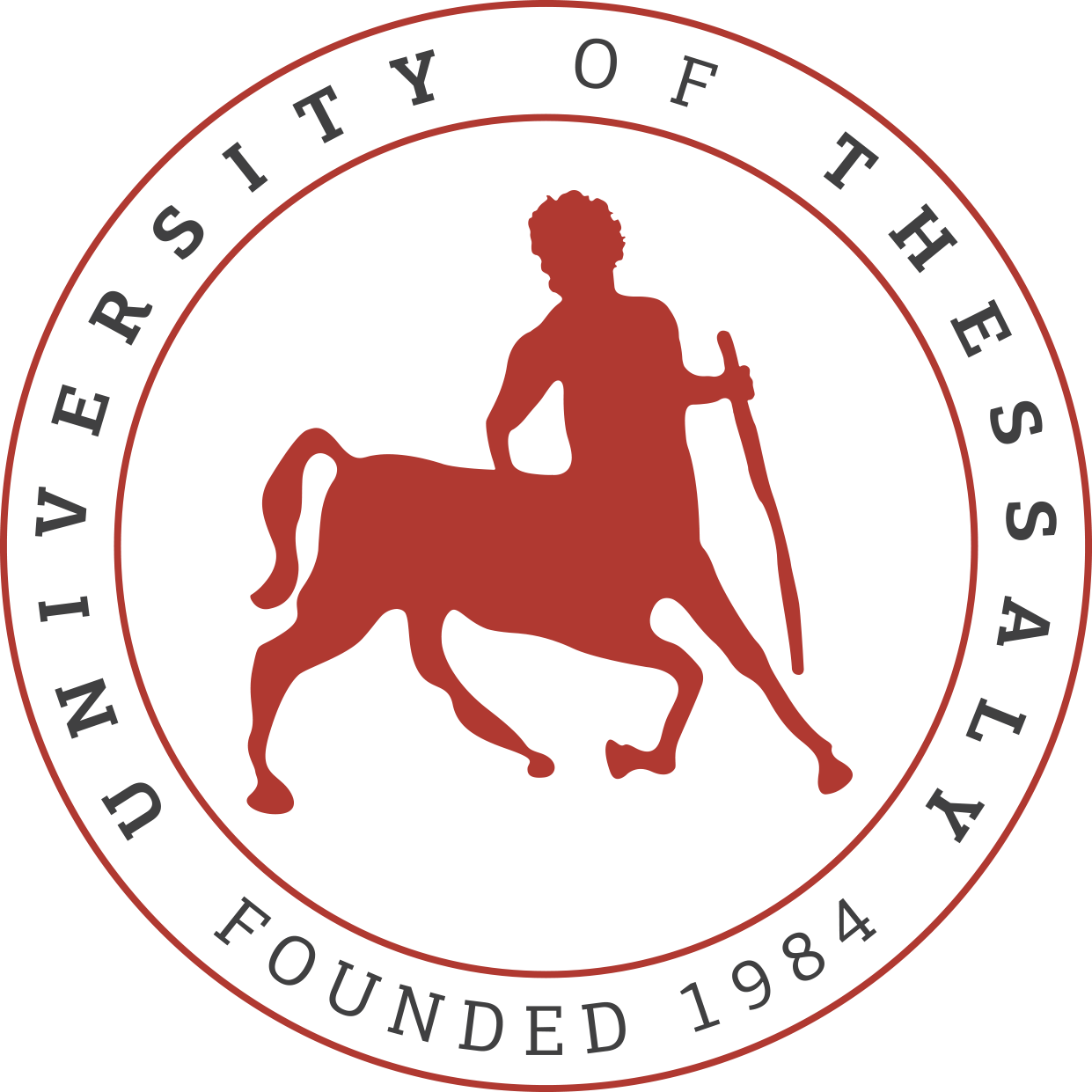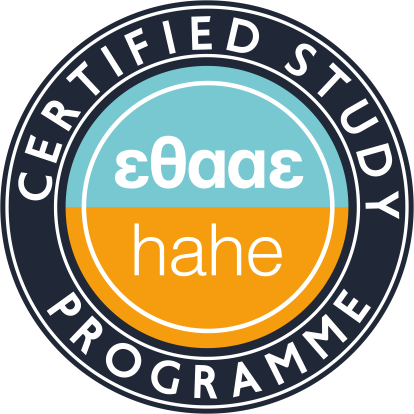Mathematical Thinking, Learning Technologies and Childhood
Course Code (in greek): ΘΠ0403
ECTS Units: 6
Semester: 3, 4
Professor: Chronaki Anna
Course Description
The course approaches the idea of developing mathematical thinking with children both in the realm of the school classroom and the context of curricula, national or international assessment practices and cultural materiality such as artefacts, technologies, literature, arts, crafts etc. It discusses specific mathematical concepts (i.e. number, space and measurement) and skills and competencies like data handling, symbolizing, experimenting, inquiring and problem solving. A central focus lies upon research evidence concerning children’s embodied, gestural and language related genres of expressing and communicating mathematics in varied contexts of activity. Mathematical thinking and the practice of mathematics is being considered in the realm of contemporary social theories encountering feminist and new materialist approaches where knowledge is seen as situated and relational. Within this context, reconfiguring mathematical activity design for and with children is being considered as part of a rhizomatic pedagogic praxis that supports both critical and creative thinking.
Learning Outcomes
By completion of the course students will be able:
- to understand how mathematics education becomes organized around discourses of children development, governmentality in modern society and freedom
- to experiment with mathematical ideas and concepts based on artefacts, literature texts, crafts and technologies
- to experience a wide typology of pedagogical resources and to transform them adequately taking into account difference in languages, abilities, genders and races
- to use learning technologies along with haptic materials for the design of learning activity with children in the early years.
Evaluation
The course evaluation consists of small-scale laboratory-based tasks with learning technologies, final exams and group project work. Specific tasks and texts are being presented and discussed in the context of the course.
Teaching Methodology
Lectures, seminars with an emphasis on pedagogical material and games, laboratories, as well as, supervision for small-scale tasks and group collaborative project work.
Tools and Spaces for Learning: http://digitallearning.ece.uth.gr/ltme/


